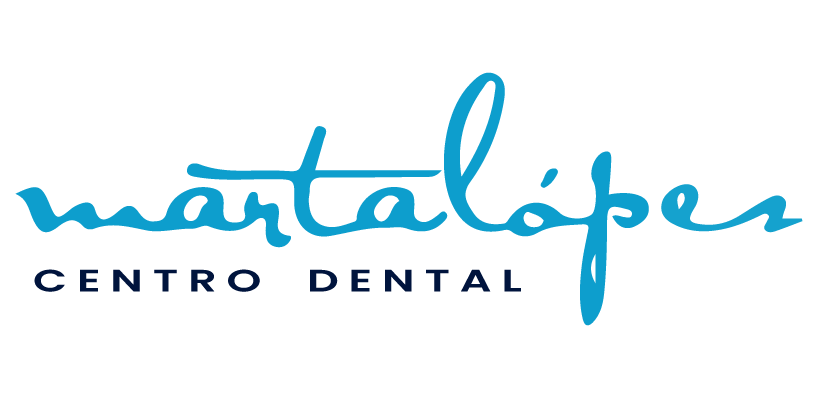The Importance of Audits in DeFi Projects
Decentralized Finance (DeFi) has seen explosive growth in recent years, with the total value locked in DeFi protocols reaching billions of dollars. While DeFi offers exciting opportunities for financial innovation and democratizing access to financial services, it also poses unique risks and challenges. One of the key ways to mitigate these risks is through thorough audits of DeFi projects.
Audits play a crucial role in ensuring the security, reliability, and transparency of DeFi projects. In this article, we will explore the importance of audits in DeFi projects, the challenges associated with auditing decentralized systems, and the best practices for conducting audits in the DeFi space.
The Risks of DeFi Projects
DeFi Profit Spike Pro projects are built on smart contracts, self-executing agreements with the terms of the contract directly written into code. While smart contracts offer many benefits such as automation and immutability, they are also vulnerable to bugs, vulnerabilities, and exploits. These vulnerabilities can lead to the loss of user funds, manipulation of protocols, and other security risks.
One of the most notable examples of the risks associated with DeFi projects is the infamous DAO hack in 2016, where an attacker exploited a vulnerability in a smart contract to siphon off millions of dollars of funds. This incident highlighted the importance of security audits in ensuring the robustness of DeFi projects.
The Role of Audits in DeFi Projects
Audits are a critical step in the development and deployment of DeFi projects. Auditors review the code, architecture, and design of smart contracts to identify vulnerabilities, potential exploits, and areas of improvement. By conducting thorough audits, developers can mitigate risks, enhance security, and build trust with users and investors.
Audits also play a key role in enhancing the credibility and adoption of DeFi projects. Investors and users are more likely to participate in projects that have undergone rigorous third-party audits, as they provide assurance of the project’s security and reliability. Audits can also help projects comply with regulatory requirements and industry standards, further enhancing their credibility.
Challenges of Auditing DeFi Projects
Auditing DeFi projects poses unique challenges compared to traditional audits. DeFi projects are decentralized, open-source, and constantly evolving, making them more complex and dynamic than centralized systems. Auditors must have specialized knowledge of blockchain technology, smart contract security, and decentralized systems to effectively assess the security of DeFi projects.
Another challenge is the lack of standardized auditing practices in the DeFi space. Unlike traditional financial audits, there are no universally accepted standards or regulatory frameworks for auditing DeFi projects. This lack of standards can make it difficult to compare and evaluate audit reports, leading to inconsistencies in the quality and depth of audits.
Best Practices for Auditing DeFi Projects
Despite the challenges, there are several best practices that auditors can follow to conduct effective audits of DeFi projects. These include:
1. Engage with the Development Team: Auditors should work closely with the development team to understand the project’s goals, architecture, and design. Collaboration between auditors and developers can result in more thorough audits and better security practices.
2. Perform Comprehensive Code Review: Auditors should review the project’s code line by line to identify any vulnerabilities, bugs, or security risks. Automated tools can help auditors perform static analysis and identify potential issues in the code.
3. Test for Security Vulnerabilities: Auditors should conduct thorough security testing, including penetration testing, fuzz testing, and other methods to identify vulnerabilities in the project’s smart contracts and infrastructure.
4. Assess Compliance and Governance: Auditors should also evaluate the project’s compliance with regulatory requirements, industry standards, and best practices. They should also assess the project’s governance mechanisms to ensure transparency and accountability.
5. Provide Transparent Audit Reports: Auditors should communicate their findings clearly and transparently in audit reports, including detailed explanations of vulnerabilities, recommendations for improvements, and risk assessments. Transparent audit reports can help users and investors make informed decisions about the project.
In conclusion, audits play a crucial role in ensuring the security, reliability, and transparency of DeFi projects. By following best practices and conducting thorough audits, developers can mitigate risks, enhance credibility, and build trust with users and investors. As the DeFi space continues to grow and evolve, audits will become even more important in safeguarding the integrity of decentralized financial systems.

